MUD People
Leadership + Staff
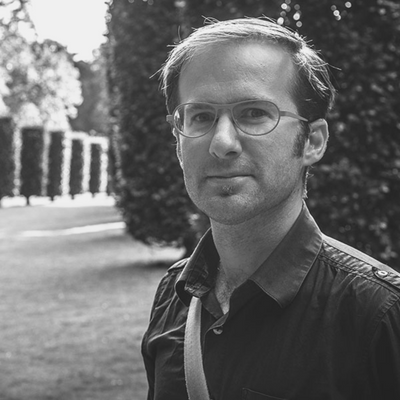
Scott Elder
Lecturer in Urban Design and Landscape Architecture & Environmental Planning; Program Director, Master of Urban Design
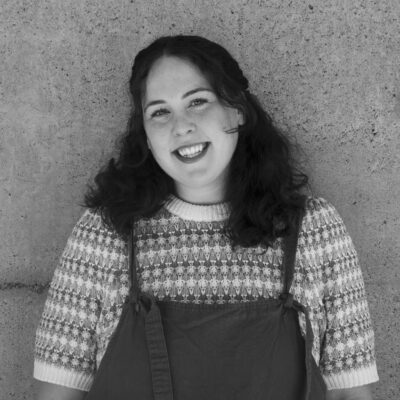
Caithlin MacManus
Student Services & Programs Coordinator, IURD
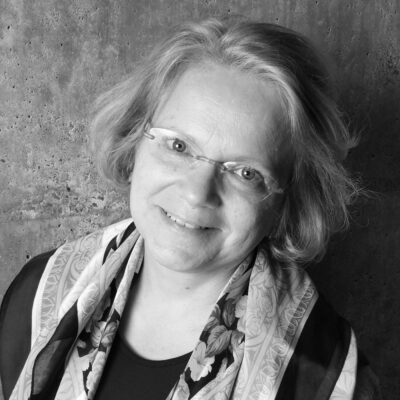
Louise Mozingo
Professor of Landscape Architecture & Environmental Planning; Faculty Program Director, Master of Urban Design
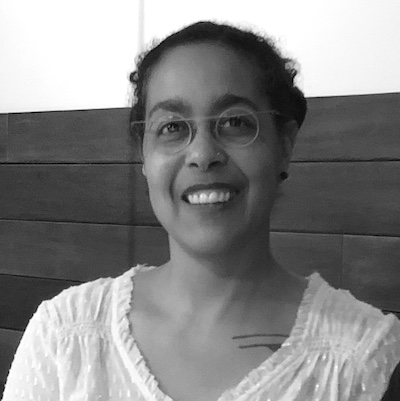
Zoë Scheffy
Department Manager, Institute of Urban & Regional Development
Faculty + Lecturers
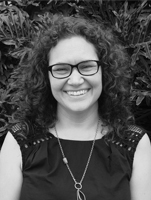
Anna Livia Brand
Associate Professor of Landscape Architecture & Environmental Planning
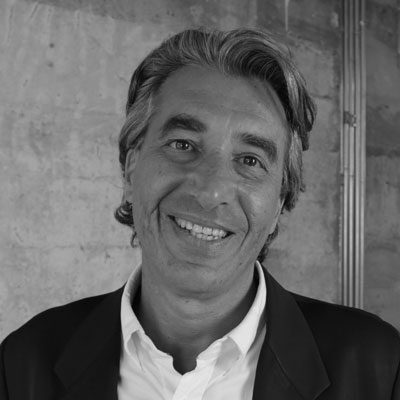
Christopher Calott
Associate Professor of Architecture and Urban Design; Lalanne Chair in Real Estate Development, Architecture & Urbanism (2015–2019)
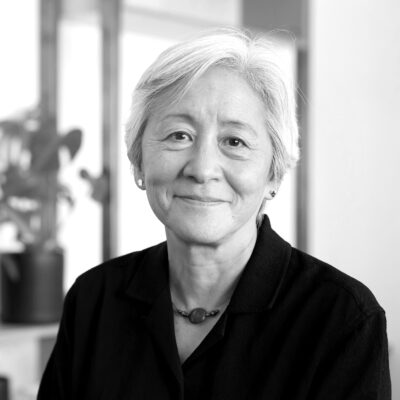
Renee Chow
William W. Wurster Dean; Professor of Architecture and Urban Design
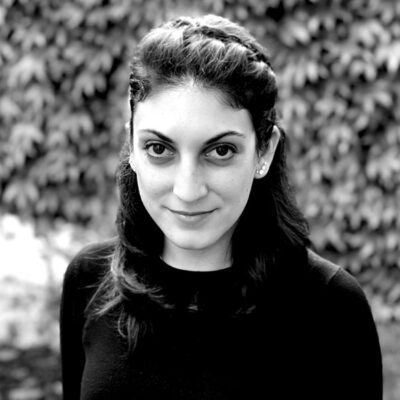
Danika Cooper
Associate Professor of Landscape Architecture & Environmental Planning
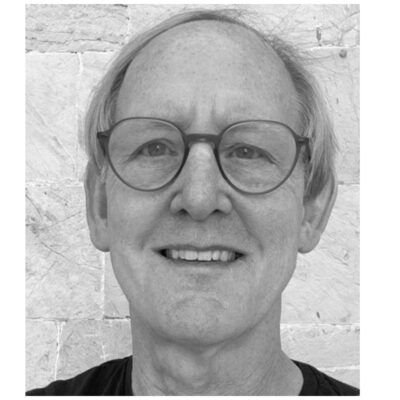
C. Greig Crysler
Associate Dean of Faculty Affairs; Professor of Architecture

Scott Elder
Lecturer in Urban Design and Landscape Architecture & Environmental Planning; Program Director, Master of Urban Design
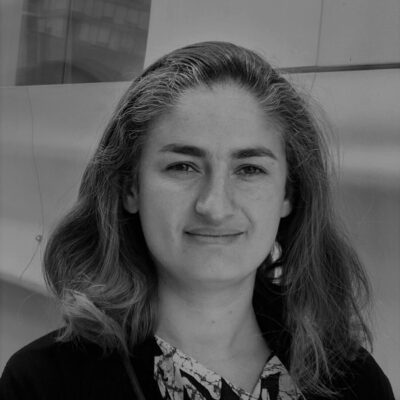
Julia Grinkrug
Lecturer in Urban Design
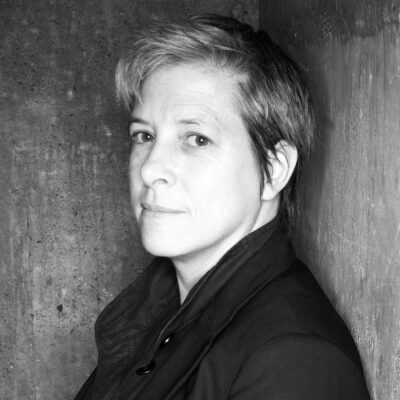
Kristina Hill
Associate Professor of Landscape Architecture & Environmental Planning and Urban Design
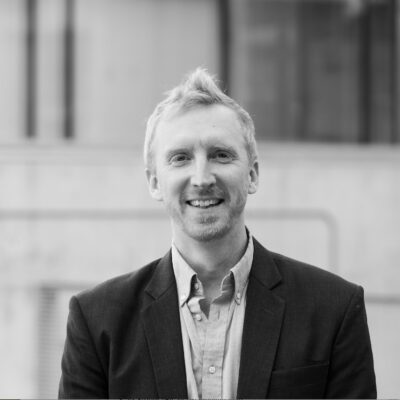
Zachary Lamb
Assistant Professor of City & Regional Planning
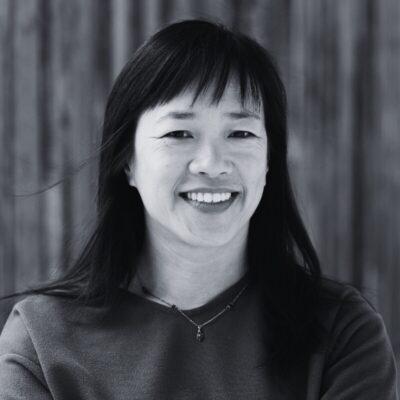
Jane Lin
Lecturer

Louise Mozingo
Professor of Landscape Architecture & Environmental Planning; Faculty Program Director, Master of Urban Design
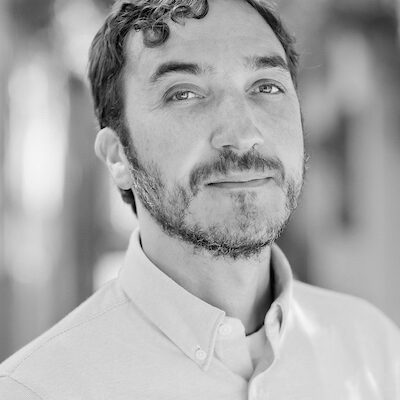
Stefan Pellegrini
Lecturer in Urban Design
Emeriti
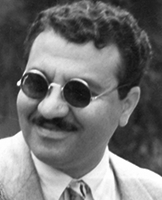
Nezar AlSayyad
Distinguished Professor Emeritus of Architecture, Planning, Urban Design, and Urban History
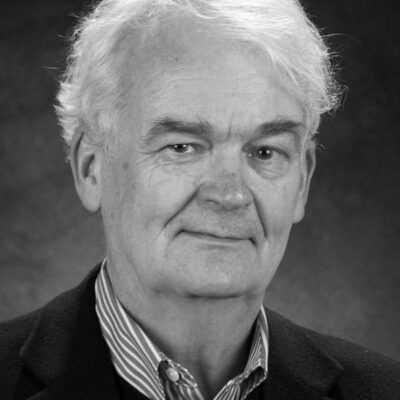
Peter Bosselmann
Professor Emeritus of the Graduate School in Architecture, City & Regional Planning, Landscape Architecture and Urban Design
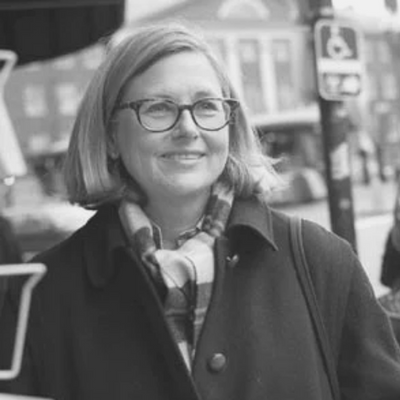
Margaret Crawford
Professor Emerita of Architecture and Urban Design
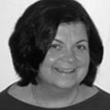
Elizabeth Deakin
Professor Emerita of City & Regional Planning and Urban Design
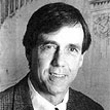
Harrison Fraker
Professor Emeritus of Architecture and Urban Design
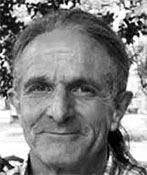
Randolph Hester
Professor Emeritus of Landscape Architecture & Environmental Planning
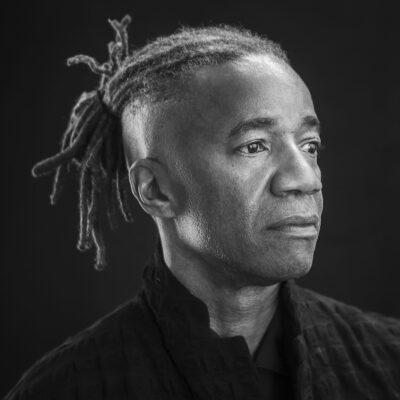
Walter Hood
Professor Emeritus of Landscape Architecture & Environmental Planning and Urban Design
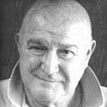
Allan Jacobs
Professor Emeritus of City & Regional Planning
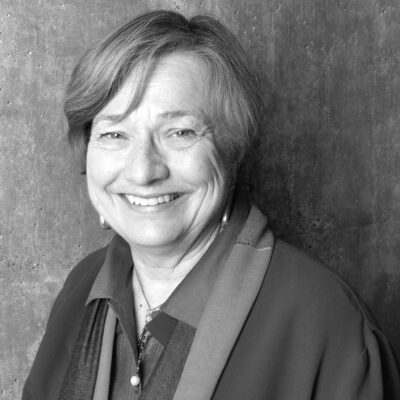
Linda Jewell
Professor Emerita of Landscape Architecture and Urban Design
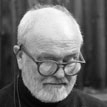
Donlyn Lyndon
Eva Li Professor Emeritus of Architecture and Urban Design
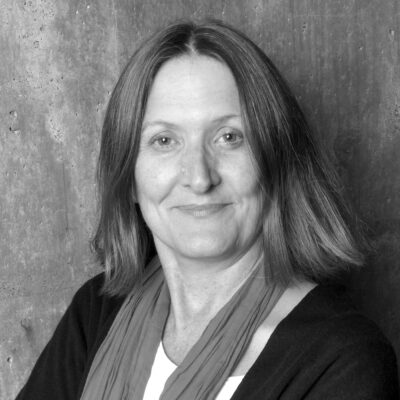
Elizabeth Macdonald
Professor Emeritus of City & Regional Planning, Landscape Architecture & Environmental Planning, and Urban Design
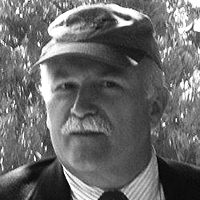
John Radke
Professor Emeritus of City & Regional Planning, Landscape Architecture & Environmental Planning and Urban Design
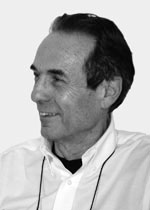
Daniel Solomon
Professor Emeritus of Architecture and Urban Design
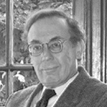
Michael Southworth
Professor Emeritus City & Regional Planning; Landscape Architecture & Environmental Planning
- CORE FACULTY + EXECUTIVE COMMITTEE
Christopher Calott, Zachary Lamb, and Louise Mozingo